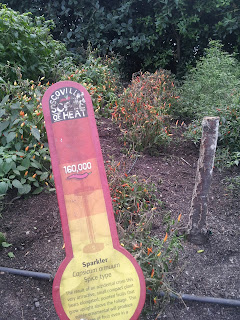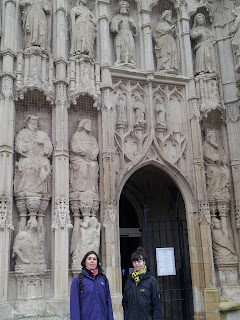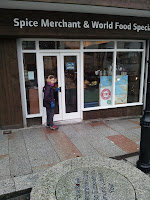![]() |
| Two novels that don't let you forget the swish of the sea. |
As part of my family's attempt to keep our world outlook broad and carbon footprint narrow books can't be beaten. The challenge was to read a book (translated!) from every country in the world, see this post. Obviously I can cheat a bit as I read around 60 books a year and as I haven't just stuck to books from the UK over the years I can revisit old "friends". Let me know if you have any ideas for books you reckon are a must read (PS I prefer novels!).. The collection below are books with a particular Pacific ocean perspective that I've read recently and enjoyed. My local library has been a godsend, your nearest may well be too.- Japan - The Sailor Who Fell From Grace with the Sea
- New Zealand - The Whale Rider
JAPAN: The Sailor Who Fell From Grace With The Seaby
Yukio MishimaMy cousin lives in Japan - she's tall, slim and gorgeous, but has immense trouble finding clothes to fit her. In a recent Facebook moan she complained "
Amongst my peers back home [Canada], I think I am of average weight, not fat and certainly no longer thin but here in Japan, I am "queen" sized. I spent several hours at the mall looking for trousers, and often the biggest in the shop were not big enough. And Queen sized are not long enough. Ahhhhh."
The sympathies this illicited from her Facebook friends (some who also know Japan well), made me realise how little I know about Asia generally (from politics to landscape). Japan is one of those oriental mystery destinations - and it doesn't promote itself in the way, say, Singapore and Hong Kong are desperate for you to visit them and go shopping (whatever your size!). I was also reading
The Sailor Who Fell From Grace With The Sea, by Yukio Mishima. I'd never heard of this famous Japanese writer before I picked this up from the library, but this book, written in 1963, is stunning. Ostensibly it's about a young widow and her son Noboru and how their life changes when mum falls in love with a sailor. It's also a debate about the need to follow your passion, which forces the reader to endure a terrible -
Nietzschean style - conclusion. Mishima is a masterful writer and it turns out he has a huge cult following. My husband knew of him thanks to the
Stranglers' Jean-Jacques Burnel's apparently off-quoted admiration for him. I was left in a state of shock by the book at just how unpleasant adults can write teenagers, and how vile groups can be. Researching his life story makes these positions seem barely surprising - his father was a dreadful man. But who cares if Mishima is bleak, he writes beautifully about ports, storms or a new kimono and is a master of suspense. What's more when he'd completed his four novel series
The Sea of Fertility, in 1970 he committed ritual suicide
(seppuku) - as he said he would (though i'm not sure he mentioned he would do this during a failed coup attempt). He was 45.
Readability: 10/10 (I was so gripped that 2/3 of the way through I had to read the ending in a bid to cope with what I feared was coming).
Should you read it? It's grim but yes. It would make an amazing film - is this the story Sir Alan Parker is working on?
Worth finding more Yukio Mishima books? Definitely (he had Nobel nominations in his lifetime) and wrote 34 novels, 50 plays, 25 short stories and 35 books of essays.
NEW ZEALAND The Whale Rider by Witi IhimaeraA tale about Maori culture saving itself, and the world. The plot switches between what the whales are up to and the hunt for a new Maori chief in Whangara - a tribe that is descended from the legendary whale rider. Unfortunately the next in line for the title is a girl whose many gifts are completely missed by her great grandfather.
The Whale Rider, written in 1987, offers fascinating insights into other people's lives - the way generations can mix well, and badly; the rights of passage we all make but seem so unique to us (schooling, running away, coming home). Best of all the book makes the case for equality, which is why I tried to persuade my 14 year old daughter to read it, but she found it too dull and domestic (clearly skipping the sections about the whales as they swim the oceans...). I will try and pass it to her again!
Readability: 7/10 - and easy to read too, you could finish it in one sitting.
Should you read it? Yes, it offers insights into Maori culture (without the misery endured in Alan Duff's
Once Were Warriors, 1995). Apparently it's a great film too
Worth finding more Witi Ihimaera books? Yes. It seems incredible but he was the first Maori writer to publish a novel, Tangi, back in 1973. Ihimaera has worked as a diplomat and a uni lecturer - plus written collections of short stories and novels. He another look at New Zealand culture, one which should not be missed.
Other posts about books with a strong sense of place in Egypt, Iran, Iraq and Lebanon, see here.







































